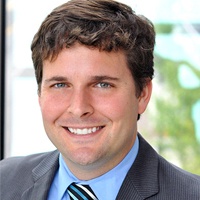Milford White Collar Crime Lawyer, Ohio
Sponsored Law Firm
-
 x
x

Click For More Info:
-
The Law Offices of Richard L. Cooper, P.A.
848 Brickell Avenue Suite 800 Miami, FL 33131» view mapDWI/DUI, Drug Trafficking, Felony Nationally Ranked Top 40 Under 40
With Richard L. Cooper you can expect a trusted confidant who will work diligently to fully understand your case and determine a road map to help you regain control of your life.
800-756-2781
Bradley J. Groene
✓ VERIFIEDCriminal, Felony, Misdemeanor, DUI-DWI, White Collar Crime
Cincinnati native Bradley J. Groene is a compassionate and industrious legal advocate who has been practicing law in the greater Cincinnati metropolit... (more)
FREE CONSULTATION
CONTACTFREE CONSULTATION
CONTACTChristopher Ray Mcdowell
Litigation, Government, White Collar Crime, Securities Regulation
Status: In Good Standing Licensed: 30 Years

 Richard L. Cooper Miami, FL
Richard L. Cooper Miami, FL AboutMiami Attorney at Law
AboutMiami Attorney at Law ServicesCriminal Defense
ServicesCriminal Defense


